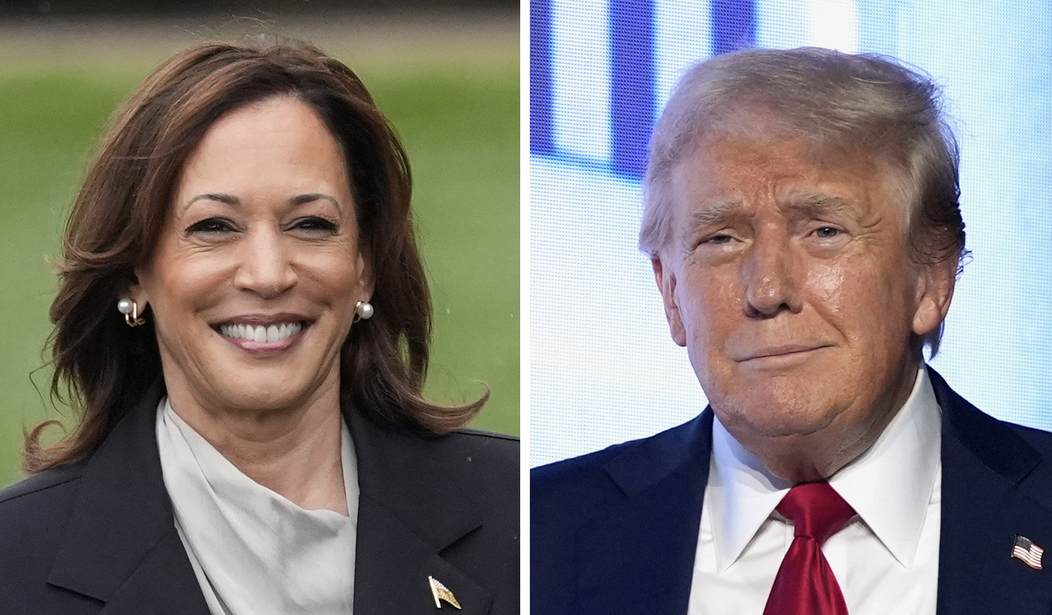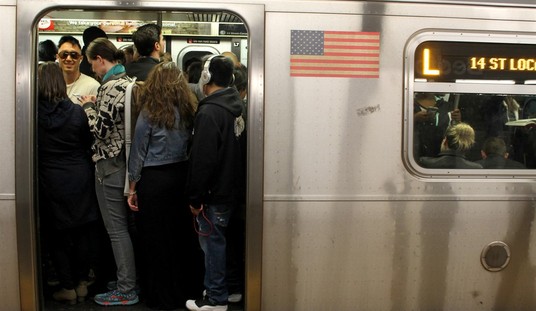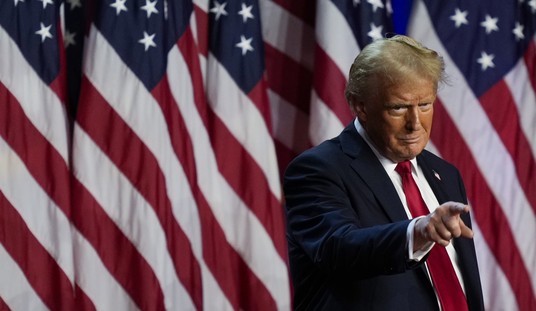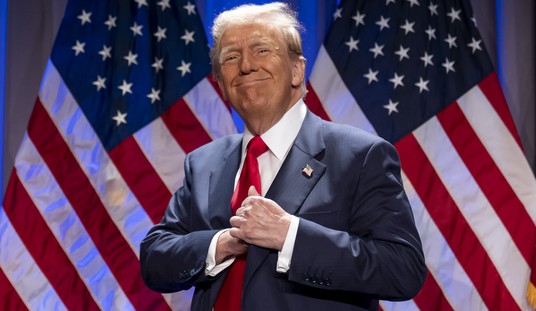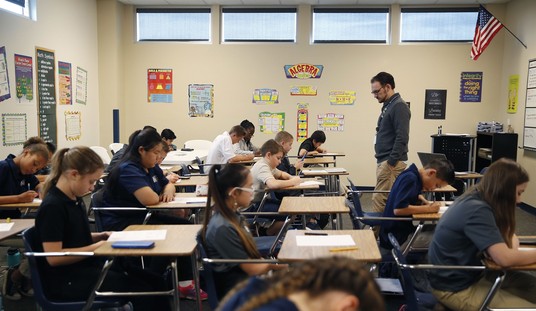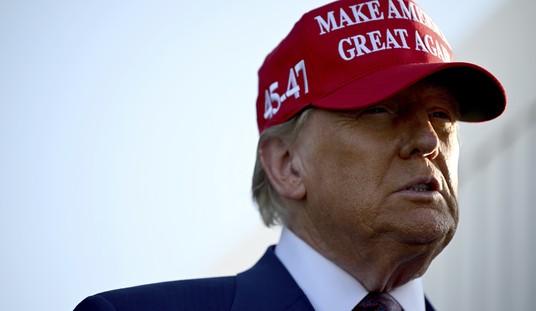Who knows what’s left to happen in the United States’ longest, least-predictable presidential campaign ever?
No one.
I’ve voted in 15 of them, worked on one of them, and paid attention to four others, but never seen anything like it. Neither have you, I suspect, at least in this country. That may preclude mental peace but probably helps television ratings.
And we haven’t even reached the Democratic National Convention yet nor Labor Day, which used to be the traditional start of fall campaigns. So, no matter what you hear on TV from anchors, pompous pundits, or pollsters, believe no predictions. And you won’t get any from me, I predict.
The only things we know for sure now are what a three-time presidential candidate and a newly minted one have done in the last couple of weeks.
Of course, they’ll both likely change their chants – or rants -- in coming days if they’re smart. But for now, we can discuss a few notable patterns.
A very successful politician told me once: The best day of every campaign is the very first with the announcement. After that, it’s all downhill. You just don’t want to reach the bottom before Election Day.
Kamala Harris' opening was good, in large part from relief. This is due to the fact that she’s not the old guy, and she seems like a fresh face. Not really, but Democrats appear excited for now, and sympathetic media cherish anything that seems new, even if they must make it up.
So, they are all over the “new” Harris with fawning pieces, trying to imagine the future unburdened by her past, which is quite radical. Also, like the man who inflicted her on the country’s body politic, she is conscientiously dodging unscripted media moments that would reveal there is no there, there.
Hey, it camouflaged Biden's weakness through several years, and she only needs to run out the clock for 13 weeks.
She’s attempting to unburden some of it, like her bitter opposition to fracking, her support for bailing out urban rioters, and her assignment from Joe Biden as the southern border czar.
Which she did zero about as 10 million illegals flooded into the country, creating a financial, social, cultural, and educational disaster that will ripple through generations of local taxpayers. Some of us believe the border disaster was willful to eventually create generations of appreciative Dem voters. As the GOP benefited among blacks for decades after Lincoln's Emancipation Proclamation, which was all legal.
Every politician changes their mind on some things as time passes, new information emerges, and they mature as public figures. Not just because it’s politically expedient at the current moment, which her changes are.
Her as yet unofficial but most likely choice as vice presidential partner is Pennsylvania Gov. Josh Shapiro. It’s an unusual choice for a number of reasons, including it’s a good one.
Since 1928, Democrat nominees, including Barack Obama and Biden, have always picked members of Congress as VP partners, except for 1940, when Franklin Roosevelt selected a Cabinet member.
Republicans tend to prefer governors, as Trump did in 2016. This year, Trump and Harris switched choices.
Shapiro is 51 and regularly successful in statewide elections, which could help keep his state’s crucial 19 electoral votes in the Democrat column this time.
It’s an interesting move by Shapiro too, a relative newcomer on the national stage. A poor campaign performance could reflect on Harris’ judgment. But Americans rarely let a No. 2 on the ticket decide their No. 1 vote.
A bad showing in November, however, could darken Shapiro’s future ambitions.
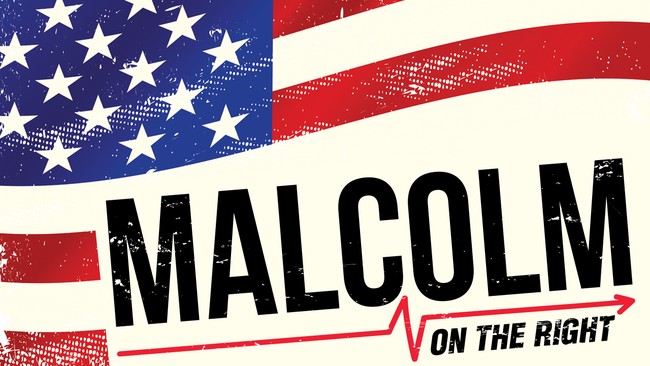
At 5-foot-9, Shapiro is taller than the 5-4 top of the ticket, which is unusual. Worse, within the Democrat Party, Shapiro is a moderate, which is how you get elected between the coasts. And he’s Jewish, as Joe Lieberman was on Al Gore’s losing 2000 ticket. And for that matter, as is Harris' husband.
Neither of those Shapiro stats will go over well with Harris’ left-wing party base. The Nation certainly doesn't like it.
Those folks could revolt and force a change before the official scheduled announcement Tuesday. Or they could shut up in the interests of unity and just be happy to be rid of Biden. (See? No predictions.)
Thanks to an electronic advance vote, Harris is already the party’s official nominee, designed to avoid any floor-fight ugliness on national TV. But trouble could break out on the Chicago convention floor in two weeks, or outside, for that matter. See Chicago Democrat Convention, 1968.
Though you’d never know from gushy media coverage, Harris’ own campaign performance has been mixed so far. In one speech, she referred to herself as president already, which could have been an intentional accident. It drew enthusiastic audience response. She quickly corrected herself, of course.
The economy and illegal immigration are the big deals this cycle. When July's surprisingly disappointing jobs and unemployment numbers emerged Friday (a jump to 4.3 percent unemployed), Harris’ spokesman tried to dodge her connection to Bidenomics for 3.5 years and blame Trump’s record from years ago. That's what Huckleberry Finn would politely call “a stretcher.”
Thursday night’s coverage of Biden and Harris together on the airport tarmac focused appropriately on the Russian hostages' return. Biden took all the credit. Harris gave him more.
But unscripted moments are dangerous for Harris. She sounds like someone trying to hide the fact she didn't read the assignment.
This is an extraordinary day. And I’m very thankful for our president and what he has done over his entire career but, in particular, as it relates to these families and these individuals; what he has been able to do to bring the allies together on many issues but, in particular, this one….
This — it’s an incredible day. And I got to see it in the families and in their eyes and in their cries.
Neither Harris nor Trump genuinely wants a debate for separate strategic reasons. So, both are maneuvering to make the other look reluctant.
As an aside, ex-Democrat and former Rep. Tulsi Gabbard is offering frequent online political commentary these days, in particular on Harris, whom she devastated during one party debate in 2020. An intriguing and notably clear-speaking person to watch, especially if there’s a Trump administration.
Speaking of the former president, he still leads slightly in polls but hit some speed bumps recently. The June debate that destroyed Joe Biden simultaneously enhanced Trump, who looked and sounded knowledgeable and presidential. But since the emergence of Harris, he’s reverted to the aggressive name-calling that didn’t sell in 2020.
As he has done so effectively this cycle in the Bronx and Harlem, Trump strode into opponents’ territory to make his pitch last week. He went to the National Association of Black Journalists convention in Chicago for a “conversation” on stage with three black female journalists.
Let’s see here: Black journalists. In a Democrat city, 28 percent black. And Trump’s opponent is a black woman. You gotta count on hostile questions. That’s why you go into the lion’s den, to show courage and openness.
The first question was definitely hostile on his false claims about the birthplaces of Obama and Nikki Haley and his name-calling of black district attorneys. It was provocative and accusatory, like Megyn Kelly’s question in a GOP primary debate exactly nine years ago this week on his treatment of women.
And in both cases Trump responded by punching back aggressively. This time, he attacked the panelist’s employer and got into an unhelpful discussion of whether Harris is black, which, of course, is what dominated the news coverage.
Of course, both Trump and JD Vance are going to portray Harris as a “phony,” which she is when attempting to impress with her notorious word salads.
But Trump could have befuddled the hostile panelists. It’s really Media Politics 101. Turn it into a Home Game. Don’t answer the unhelpful question. Take your answer where it serves you.
Trump could have said, “Look, I don’t care about people’s color. Would I come here if I did? I care about helping all Americans, which is what I did in my first term when my job creation program took black unemployment to its lowest level ever.” And then take it from there to what he wants to do for all Americans in a second term.
Punching down was his original M.O. But the people Trump needs to convince to vote for him did not grow up in Queens. They want a president this time, not Joe Biden, who can’t be one, nor Kamala Harris, who shouldn’t be one.
Arkansas Sen. Tom Cotton (R), an Army Ranger with two combat tours and a Bronze Star on his resume, knows something about punching. He puts it accurately and succinctly this way:
Her incoherence would be comical if the consequences weren't so serious. Kamala Harris is dangerously unprepared to serve as commander in chief.
— Tom Cotton (@TomCottonAR) August 2, 2024

